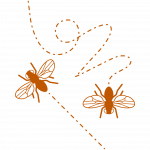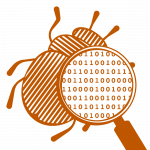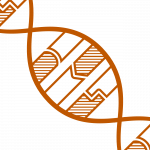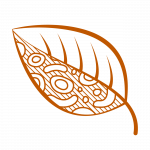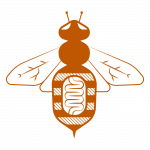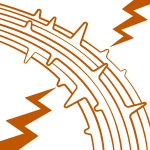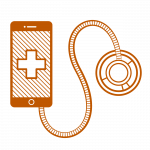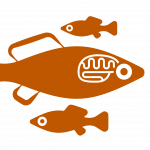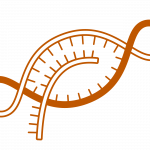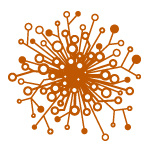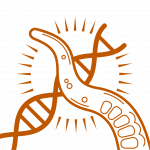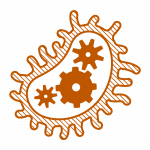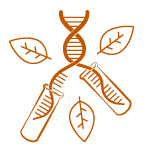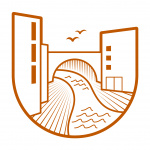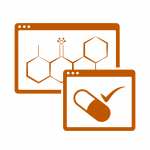Research Streams
The Freshman Research Initiative offers many 'research streams' in which undergraduate students work alongside scientists to make discoveries. Read more about each research stream and the faculty members and research educators leading them below. Search by related major or simply browse by your research interests.
**Fall-start streams are NOT AVAILABLE on the Stream Sort Form**
-
Bio-manufacturing
-
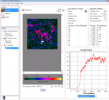
-
Computational Evolution
What can the evolution of self-replicating computer programs tell us about evolution in nature?
Research on self-replicating computer programs (digital organisms) enables students to experience evolution in action and to perform evolutionary experiments that would take years to complete with natural organisms. Digital organisms evolve to perform computational tasks. Completion of these tasks rewards the organisms with resources they can use to replicate faster and gain a competitive edge. Over time, faster-replicating organisms out-compete slower-replicating ones. Hence, the organisms evolve to complete increasingly complex tasks, in a manner that parallels the evolution of natural organisms. This stream is a good option for students who want to learn about computer science and evolutionary biology. This stream will be accepting transfer students for the 2014/2015 academic year.
Click here to read more about the Computational Evolution Stream.
Credit Options: BIO 321 or CS 378 Lab Meeting Time: M 4–5 PM
-

-
NEUROSCIENCE OF SYNAPSES
How do brain cells (neurons) and their connections (synapses) mediate learning and memory?
Synapses form neural circuits in the brain. Nanoscale imaging in the electron microscope is needed to determine where synapses are located and whether changes in synapse structure and composition are associated with learning and memory. Students engaged in this stream learn to identify, reconstruct in 3D, measure and analyze neuronal structures including: dendrites, axons, synapses, and subcellular components involved in synapse function. Opportunities exist to engineer improved computer imaging tools. Projects provide a strong foundation for understanding fundamental brain mechanisms. This stream will be accepting transfer students for the 2014/2015 academic year.
Visit the SynapseWeb for more information.
Credit Options: NSC 309, BIO 206L/BIO 102C Lab Meeting Time: T 4:00 PM





